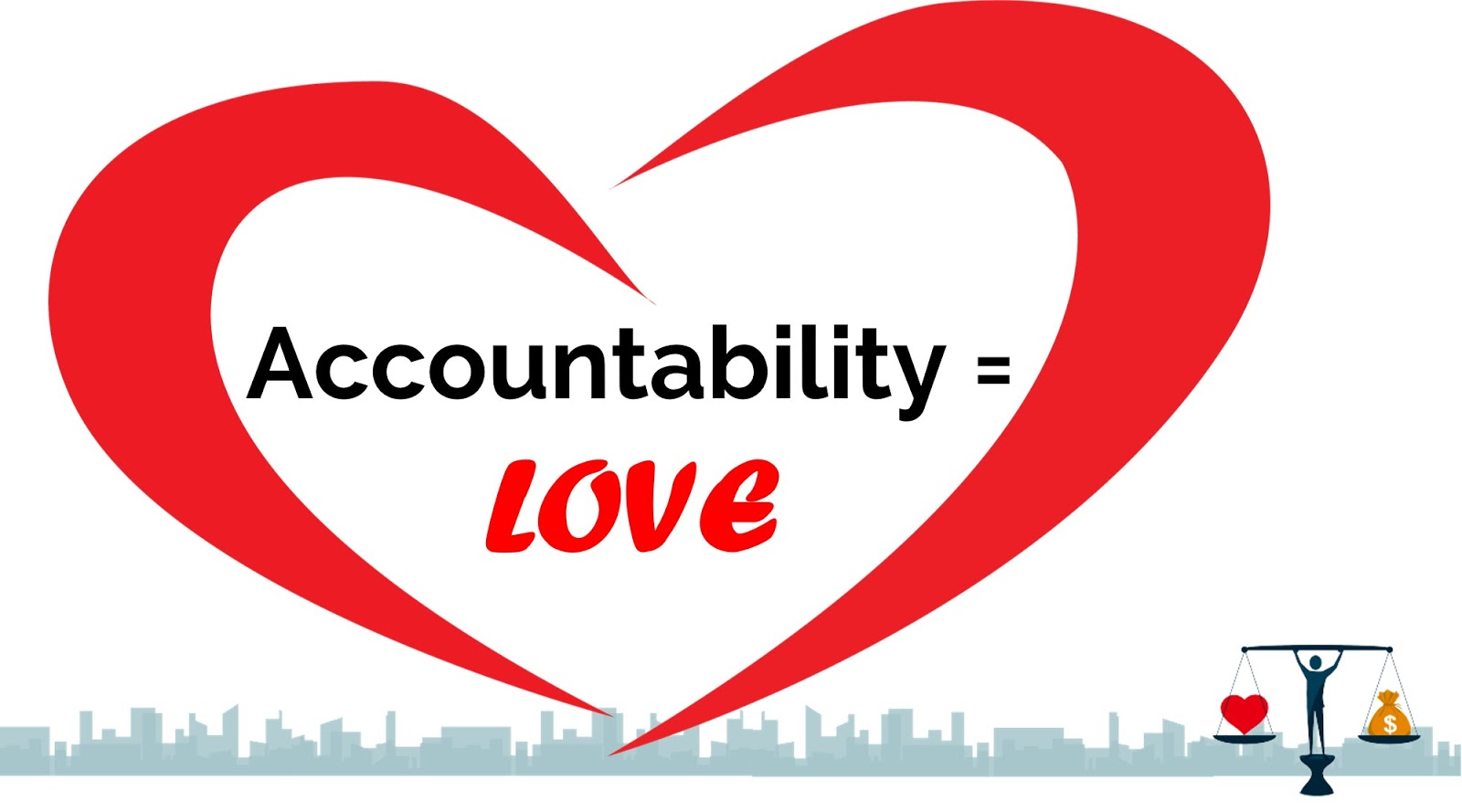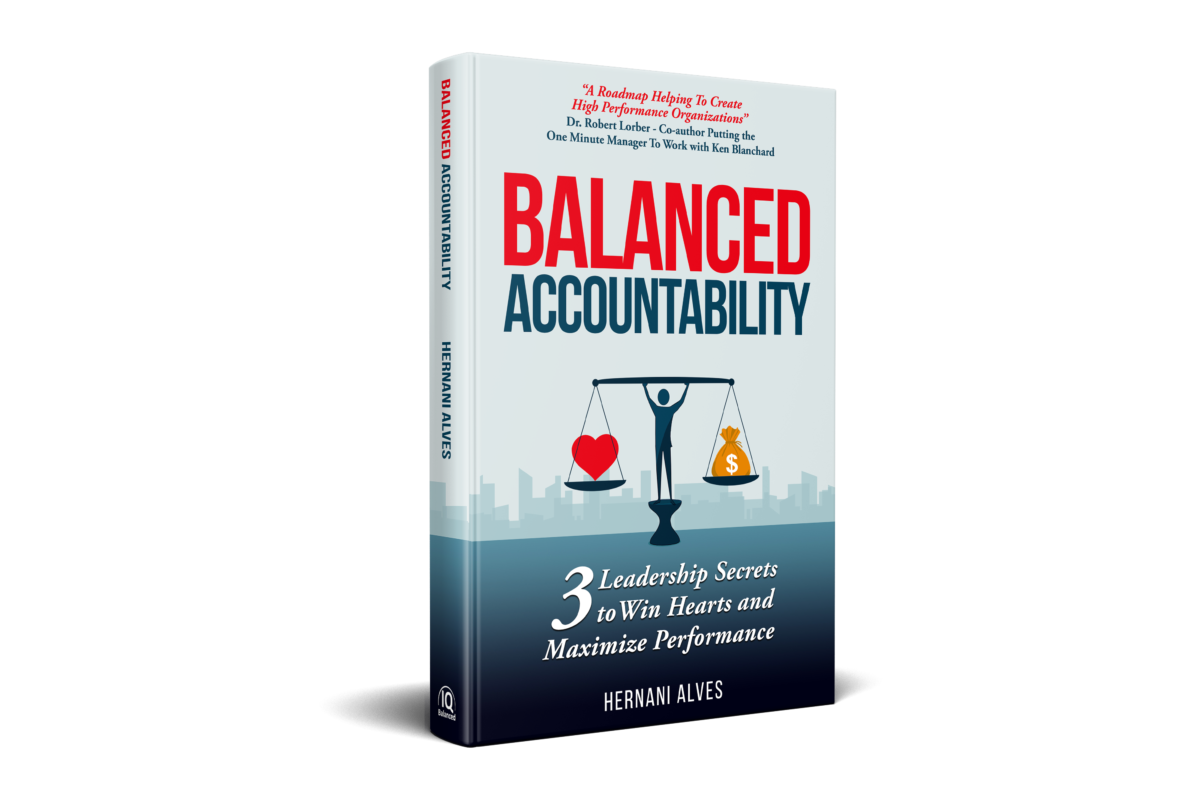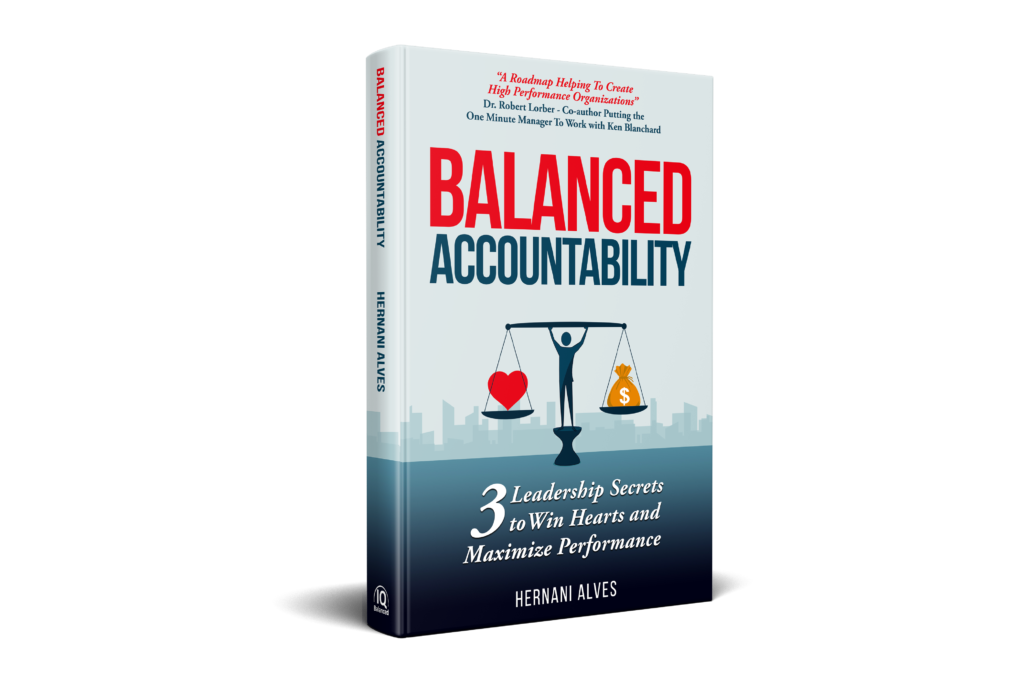What is Accountability? Win Hearts and Loyalty by Making Your Team Greater Than Yourself

What is Accountability? Win Hearts and Loyalty by Making Your Team Greater Than Yourself. Accountability is a powerful tool, but to be effective, it’s got to be rooted in love and desire to see your employees go farther than yourself.
Harnessing the power of conscientious accountability is the only way to truly unlock to the potential of those you lead.
A great leader loves and respects their employees. They recognize that it’s their job to uplift the team by holding them accountable and motivating them to strive for greatness. It may surprise you, but that kind of support in the workplace is an example of a love not totally unlike that of a parent for their child. While love in a professional setting may seem a little strange, it is the only way to truly unlock the potential of those you lead.
Prioritizing their success
One wish that every parent shares is that their children will find more success than themselves. I didn’t understand what that meant until my wife went into labor with our daughter. She’d had a healthy pregnancy, but when we arrived at the hospital ready to give birth, excitement turned to fear. The nurse checking my wife’s vitals couldn’t find our baby’s heartbeat. The doctors assured us that this isn’t uncommon, but going through labor not knowing if our daughter would be born with a heartbeat was one of the most difficult experiences we’ve ever been through. Twelve hours later she arrived, heartbeat intact. There were complications immediately following her birth, but she’s since grown into a strong and smart teenager with a laugh that’ll make you smile.
The moment I thought we might lose her was the moment I knew that my children’s success in life would always be a top priority.
The 3 Ps
Do I expect you to feel that level of love for your employees? Probably not, but the idea of prioritizing their success is something that will absolutely benefit everyone, including your company. When your team members feel genuinely respected and cared for, they will return the sentiment with productivity and reliability. This is best done through conscientious accountability.
I know the idea of holding your staff accountable can be overwhelming, but I have mentored countless other leaders through this, and I’ve experienced it firsthand. What I’m suggesting you instill isn’t run-of-the-mill accountability. Conscientious accountability is a more in-depth type of accountability that is done out of love, not retribution. I define it with something I call the 3Ps: personal, positive, and performance accountability.
PERSONAL ACCOUNTABILITY
This is the hardest and most important aspect type of accountability. As the leader, we have to hold ourselves accountable before anyone else. Your employees are looking for you to lead by example. What behavior do you want them to follow? You need to be willing to practice self-awareness and humility before asking them to do the same. Ask them for feedback on your own work and respect what they tell you. Focus your energy on finding solutions, not playing the victim. Your actions will set the precedence.
POSITIVE ACCOUNTABILITY
Leading with positivity is essential for achieving positivity in the workplace. It’s how good managers become great leaders.
Research says that negativity is contagious, but the good news is that positivity is, too. You need to create positive experiences for your team. I’m not saying to sugar-coat the issues; I’m saying to make an effort to solve the problem. This will help you reduce turnover, increase profitability, and make work a much more enjoyable place for everyone.
PERFORMANCE ACCOUNTABILITY
This is aligned with a more basic understanding of accountability; like when you haul someone up for their actions. However, that practice just welcomes resistance and resentment towards your leadership. You can hold someone accountable without shame or punishment. Performance accountability gives you the option to coach your struggling employees while boosting their confidence and empowering them to do their best.
Accountability is a powerful tool, but to be effective, it’s got to be rooted in love and desire to see your employees go farther than yourself. Before working my way up as a part-time employee to becoming an executive in a $3 billion company with over 15,000 employees, I had people in my life that went out of their way to mentor me and guide me towards my own success. Leaders not only surround themselves with people more knowledgeable than themselves, but they also elevate those with more to learn. If you’re in leadership, this is the only way to see your own long-term goals reached. Remember that you and your staff rely on each other. The rewards for your effort here will be returned in love, commitment, and prosperity.
Hernani Alves
Hernani started as a part-time employee and eventually grew to become the President for a $3 Billion Company that was regularly voted as Best Workplace. Today, he as an author, an international speaker that helps leaders build world-class teams focused on getting results. Hernani has been featured in: Stanford University, iHeart Radio, HR.com, Recruiter, Idea Mensch, CEOWorld Magazine, Conscious Company, Action NOW CFO, The Revolution, Extreme Leadership, and more.
In his book, “Balanced Accountability: Three Leadership Secrets to Win Hearts and Maximize Performance,” Alves delivers a newfound clarity on the case for accountability and the steps organizations, and individuals need to take to unleash their potential.







